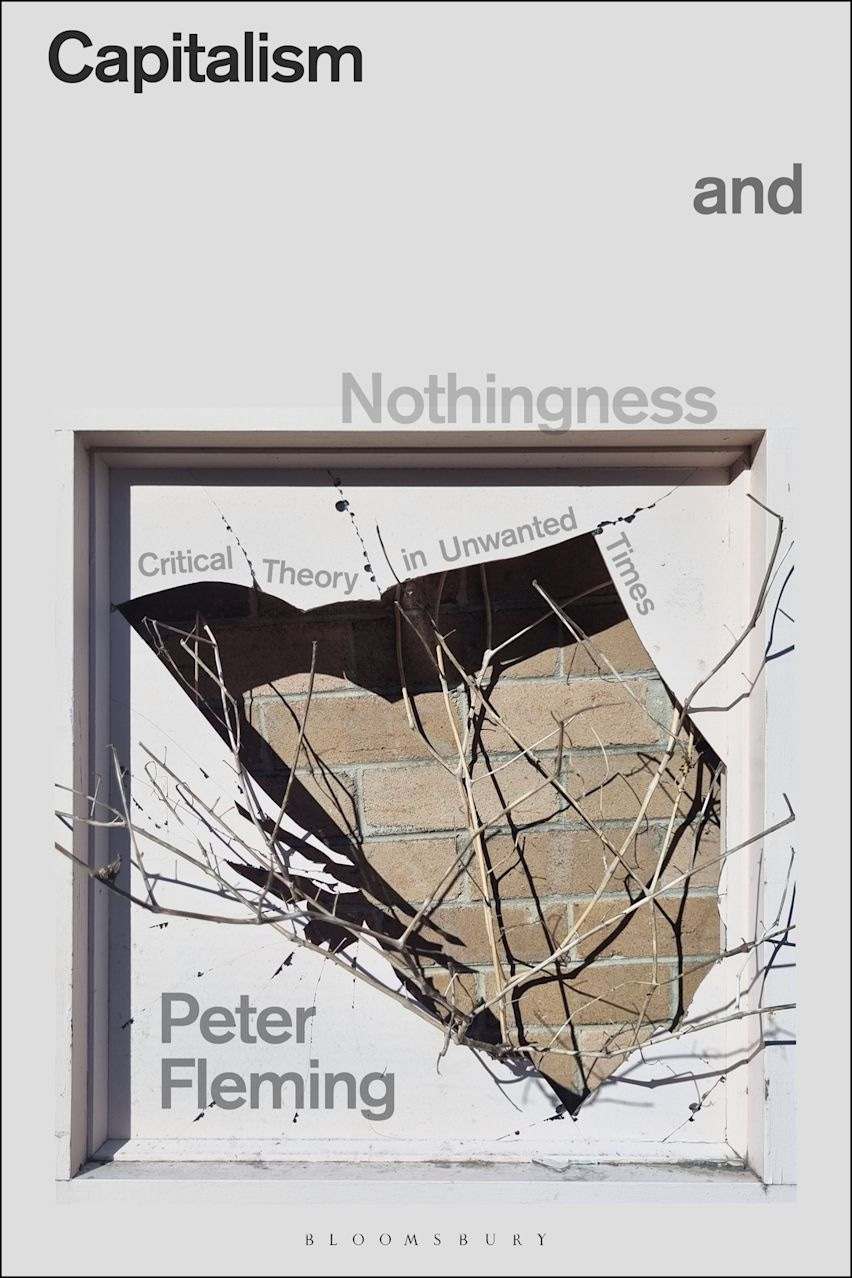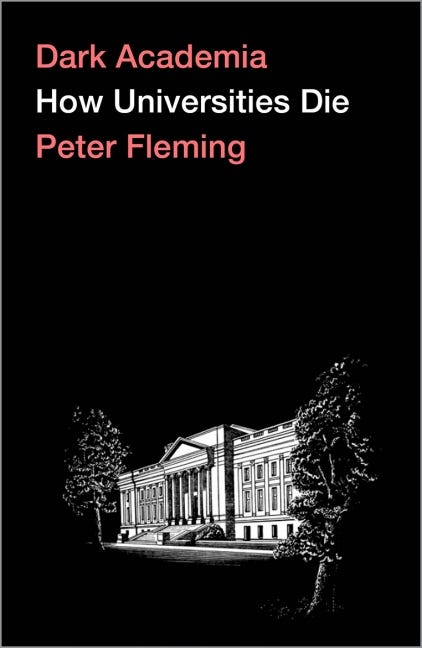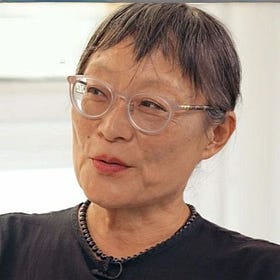It is difficult to ignore how Capitalism has slipped into a deep values crisis – and indeed, you might be forgiven for thinking we are in a Potemkin village, a zombie economy sustained only by memories of a glorious past or by cash injections from central banks. For this reason alone, our conversation with Peter Fleming was extremely valuable, as he, with his keen sense of fundamental upheavals, recognized the signs of the times early on. Observations like how work has become little more than a mythological narrative for reassuring ourselves of our sense of importance and self-worth, or that universities have turned into dark zones in our era of Human Capital—sometimes jokingly called Whackademia—and that in this morally decayed environment, it is almost impossible to cling to the specter of the homo economicus as the ideal of utility-maximizing rationality. In this sense, it’s only logical that Peter Fleming's dirge ends with a reflection on Capitalism and Nothingness. And while this may be a somewhat somber topic, we found our conversation with him to be very enjoyable and entertaining.
Peter Fleming is a Professor of Organization Studies at the University of Technology, Sydney. During his time in London, where he taught Business and Society at City University, he chaired the London Living Wage Symposium at the House of Commons. His work has been recognized with several awards.
Related Content
Im Gespräch mit ... Thomas Mayer
Wenn es in der Ökonomie den Konterpart des Kriegsphotographen gäbe, so könnte man Thomas Mayer einen ›Physiognomen des Crashs‹ nennen, nicht zuletzt auch deswegen, weil seine Biografie ihn mehrfach ins Auge des Sturms hineingeführt hat. Nach dem Berufseinstieg ins Kieler Instituts für Weltwirtschaft gelangte der junge Volkswirt zum Internati…
Talking to ... Catherine Liu
Imagining the Boomer world straying into suffocating moralism during the Pop Revolution would have seemed like a grotesque, if not outright ridiculous, mind game. Actually, it is a first-order puzzlement how such a terror of virtue could take hold of our political discourse and institutions. It is precisely this question that cultural theor…
Im Gespräch mit ... Heiner Flassbeck
Eine der großen Sonderbarkeiten der Moderne ist, dass sie den Nimbus des Weisen allein den Ökonomen zuerkennt – und dies ungeachtet der Tatsache, dass eine Wirtschaftskrise nach der anderen über die Gesellschaft hereingebrochen und Laien wie Wirtschaftsweise gleichermaßen überrascht hat. In diesem Konzert ist Heiner Flassbeck schon insow…
In the Working Memory
In the early 1980s, Martin Burckhardt, a young, aspiring writer, completed his Master’s thesis on Walter Mehring and Dadaism. After writing his first radio play in which he’d gathered a group of Dadaists in an old folk home and called for the death of modernity, he soon found himself working in the recording studio with Johannes Schmölling, who’d recent…





















